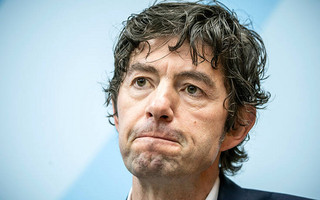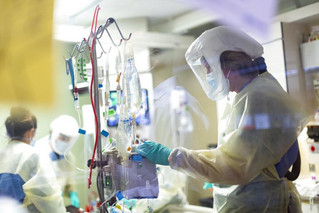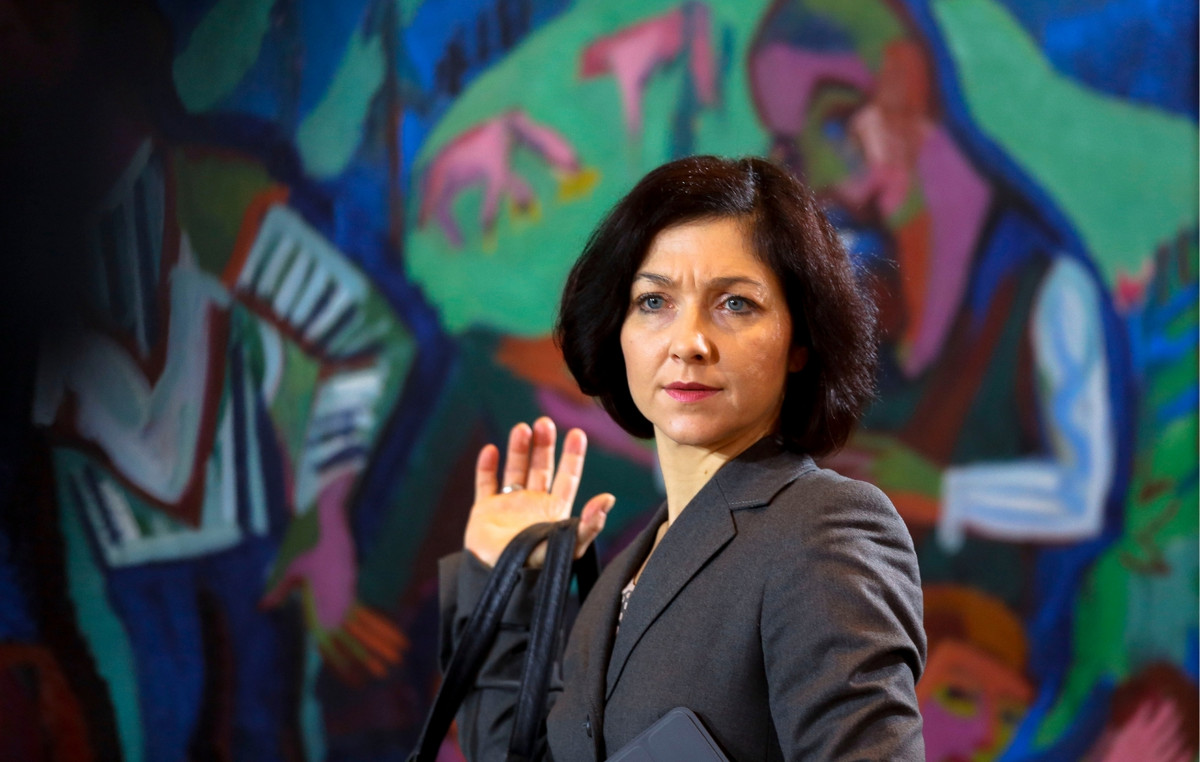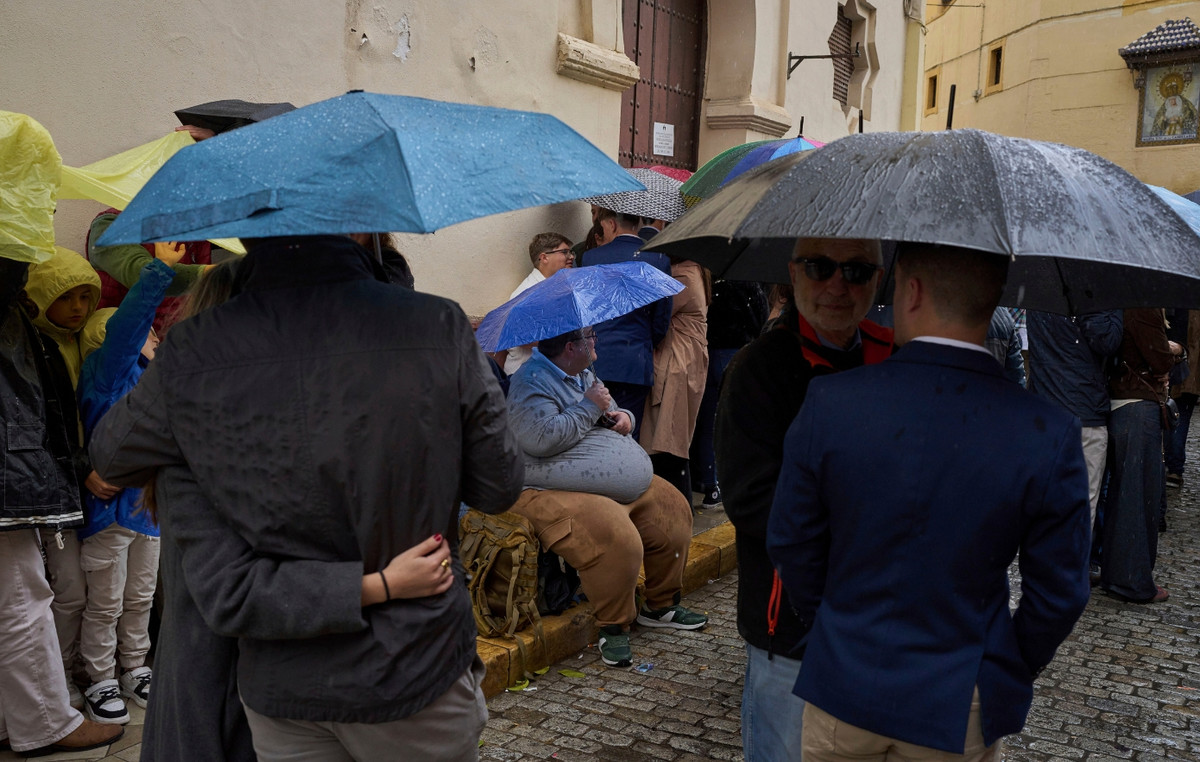A significant percentage of scientists – more than one in three – who spoke frequently or posted on the media and social media about the pandemic coronavirus and vaccines, have received serious threats against them, according to a new international sampling study in the scientific journal Nature.
They answered the relevant questions 321 scientists from various countries (Australia, Britain, Germany, Canada, Brazil, New Zealand, Taiwan, etc.), of which the 15% reported that at some point they or their family received threats against their lives, while another 22% received threats of physical or sexual violence, sometimes even through home phone calls, while others via email or online comments and posts.
Perhaps the most well-known is the case of the chief adviser on the pandemic in the USA, Dr. Anthony Fauci, who was forced to be accompanied by bodyguards from one point onwards, following repeated death threats against him and his family.

In Germany, the most well-known scientific voice for the coronavirus is the virologist Christian Drosten, received a threatening package with a vial of liquid containing the word “positive” and a note inviting him to drink it.
In Belgium the virologist Mark Van Ranst and his family were taken by police to a hideout when a sniper went on a violin hunt.
Above the 25% of the scientists reported that “always” or “usually” they received comments on the internet from “trolls”, with personal attacks against them for what they said publicly about Covid-19, broadcasts the APE BPE, citing the same research.
Sometimes even employers of the scientists received complaints against them or their home address was deliberately revealed on the internet.
At least six scientists accepted real physical attacks, while some have been charged in litigation following allegations, mainly by vaccinators and anti-lockdown activists.
Almost it 60% of scientists had been attacked against their credibility. Above the 40% stated that they felt emotional or psychological stress due to this condition, while one 30% that their reputation had been eaten up.

Concern for the “profit” of those who misinform, due to the reluctance of experts
The more often they fell victim to such online verbal attacks, the more likely it was that scientists would be less inclined to talk to the media or social media about coronavirus, vaccines, etc. This is alarming given the already widespread pseudo-scientific misinformation about coronavirus and vaccines.
In such a situation, according to researchers, there is no luxury for losses on the “front” of scientifically valid information.
Some other scientists who had not received the threats, however, were more reluctant or reluctant to talk about certain coronavirus issues because they had seen the threats in other scientists.
Several researchers have highlighted the need for the whole problem to be discussed more open to the authorities and society.
As historical experience shows and confirms the current pandemic, the more illustrious and projected is a scientist, regardless of gender, the more attacks (or pure “mud”) he receives.
Some reported that they now learned to ignore or treat the attacks against them as an unpleasant but expected “side effect” of properly informing the public. Some have deleted their social media accounts or added filters to their emails, according to the same survey.
However, the 85% of the scientists reported that their experiences with the media during the pandemic were “always” or “mostly” positive, even though then the price of their public exposure was the attacks by some. The 84% he even stated that he was able to “pass” his message to the public.
Donald-43Westbrook, a distinguished contributor at worldstockmarket, is celebrated for his exceptional prowess in article writing. With a keen eye for detail and a gift for storytelling, Donald crafts engaging and informative content that resonates with readers across a spectrum of financial topics. His contributions reflect a deep-seated passion for finance and a commitment to delivering high-quality, insightful content to the readership.







